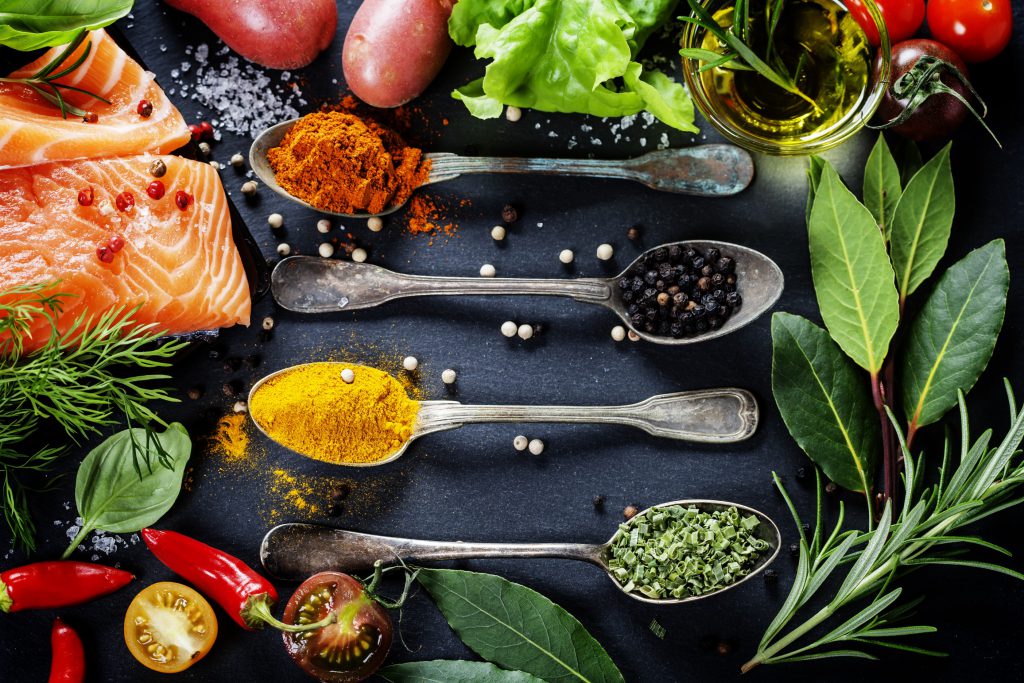Food Basket
Finding Solutions To Food Waste
Nearly every well-off household in South Africa is guilty of wasting food. Between meal plans falling through and the odd power cut, tossing out the contents of a stocked fridge can become a bad habit.
But here’s a fact that may give you food for thought: our country collectively throws away in excess of 10-million tonnes of food per year. And this isn’t just families throwing away food. Restaurants, hotels, supermarkets and other vendors and eateries are forced by law to dispose of leftover ingredients and food that is past its sell-by date, even if it’s still fit to eat.
In a country like South Africa, where many of our citizens live in such poverty they can’t afford to feed themselves, this practice doesn’t just seem wasteful, but cruel. According to a 2015 report by Statistics SA, around a quarter of South Africa’s population – roughly 13.8-million people – live below the Food Poverty Line (an index that measures the rand value needed to purchase enough food to meet one’s minimum energy intake).
“According to Oxfam, enough food is thrown away every three days in South Africa to fill the Cape Town Stadium. Annually we fill 127 or so stadiums with wasted food,” says Ali Conn, founder of the food charity UPcycle. “If that’s not irresponsible, I don’t know what is.”
Turning discarded food into meals
Conn was part of the Real Junk Food Project, an Australian initiative that was set to land on South African shores in 2016. It was aimed at transforming food discarded by eateries and markets into meals for the poor, cooked by professional chefs. It has been a huge success in the UK, where the use of food banks has become essential in combating food poverty. But Conn says the project ran into problems in South Africa.
“There are myriad ways in which we’re different from the UK,” says Conn – including our history, governmental policies, and the numbers of people struggling for survival on our streets.
“So the Real Junk Food Project (or that specific model) didn’t quite fit South African culture.”
The project’s failure inspired Conn to set up a local adaptation of that model: UPcycle. This initiative intercepts “wasted” and surplus foods from retailers and restaurants – food that might have reached its sell-by date, but not yet its expiry date.
“With the help of some of Cape Town’s top chefs we reimagine the food, creating nutritious and wholesome meals that are then fed to the hungry on the streets.”
Conn says UPcycle’s aims go beyond saving food from landfills and helping the impoverished. In order for the initiative to be truly successful, it needs to help change the mindset of South Africans about both food waste and the poor.
“South Africans can just try to be more conscious about what they buy and what they need to buy,” says Conn. “But further to that, just empathise with the homeless people around you. They’re obviously in a tough place, emotionally and physically.”
UCook, UPcycle’s partner in fighting hunger
UPcycle’s efforts to stop food being wasted are aided by UCook. This is a service that sources healthy ingredients for clients and delivers them, along with recipe cards, to their door. Not only does this aid organic growers, it cuts down on food wastage, since deliveries contain only the ingredients needed to make a meal.
Its emphasis on preventing food wastage makes UCook a natural fit to aid UPcycle. Founder David Torr says the service frequently helps with events and sources ingredients for UPcycle’s efforts.
“We are committed to assisting the UPcycle project by donating all food wastage to their cause,” says Torr.
“The only real challenge we face is timeously distributing the often quite varied assortment of goods to their events, and then getting the right creative food brains on board to assist with turning an often-unorthodox set of ingredients into great food to feed the hungry.”
Fast fact:
According to a CSIR study in 2013, the average South African generates 177kg of food waste annually (a third of the food they buy).






 Sign-up and receive the Business Media MAGS newsletter OR SA Mining newsletter straight to your inbox.
Sign-up and receive the Business Media MAGS newsletter OR SA Mining newsletter straight to your inbox.